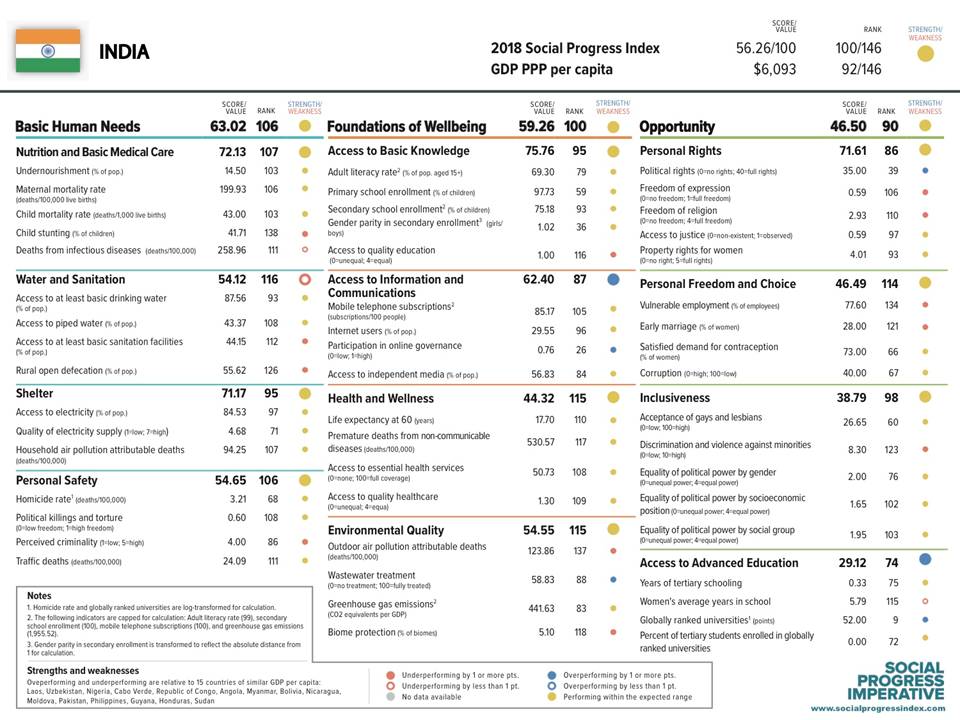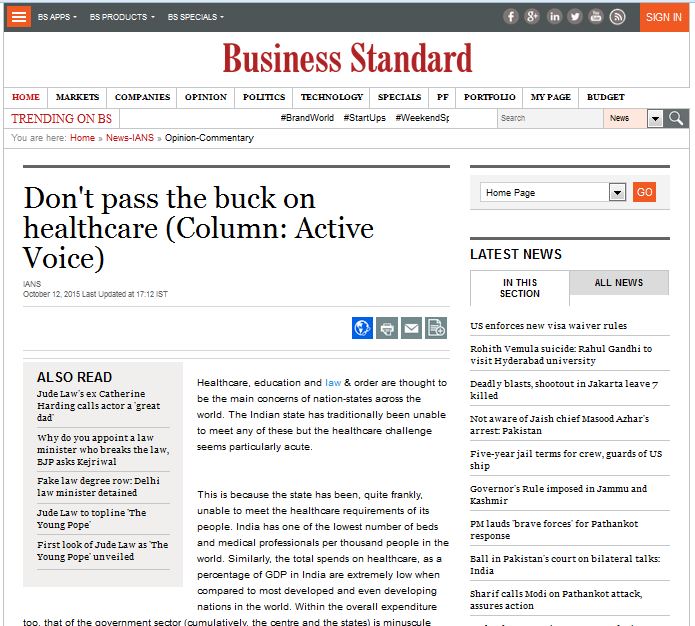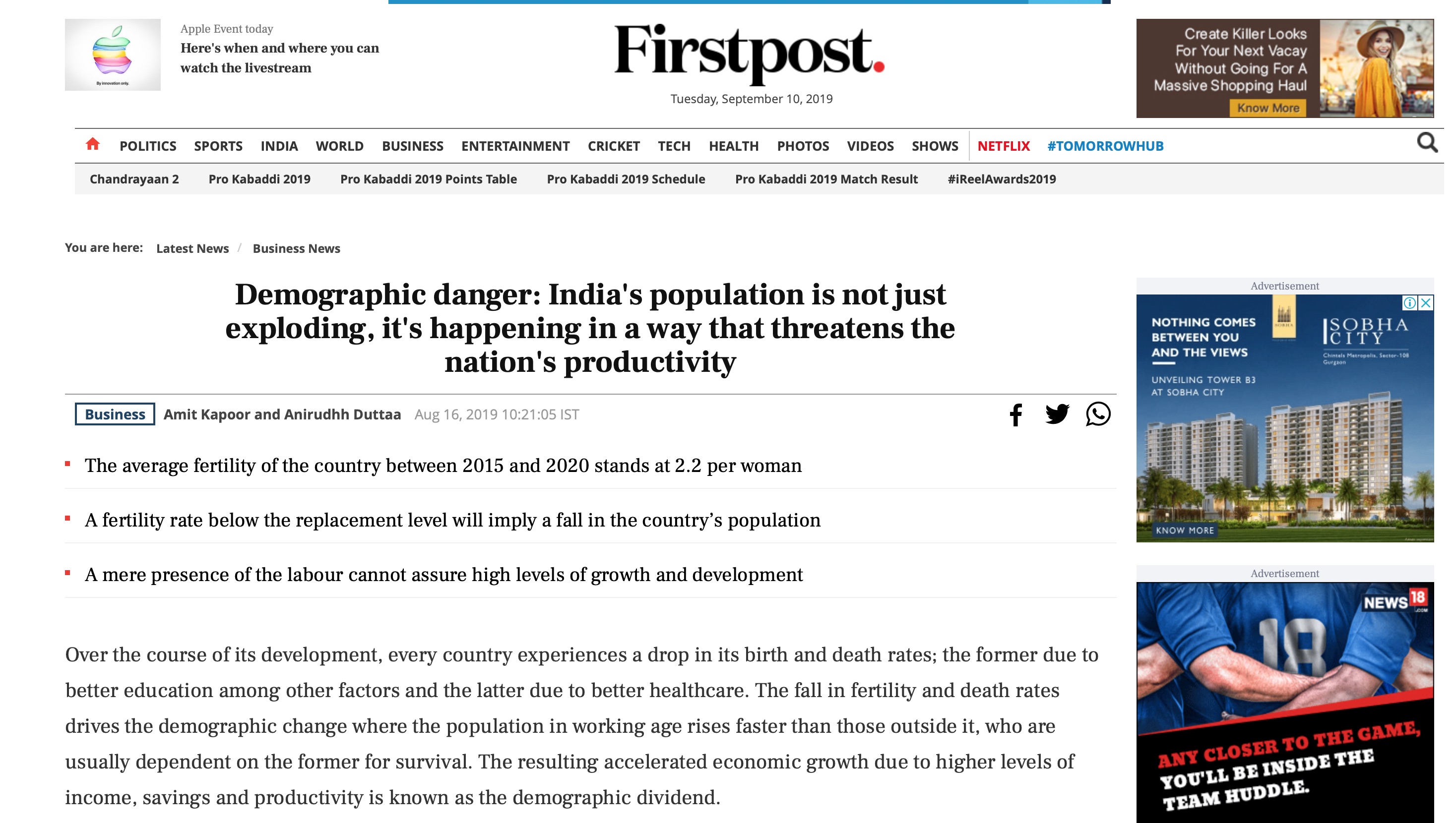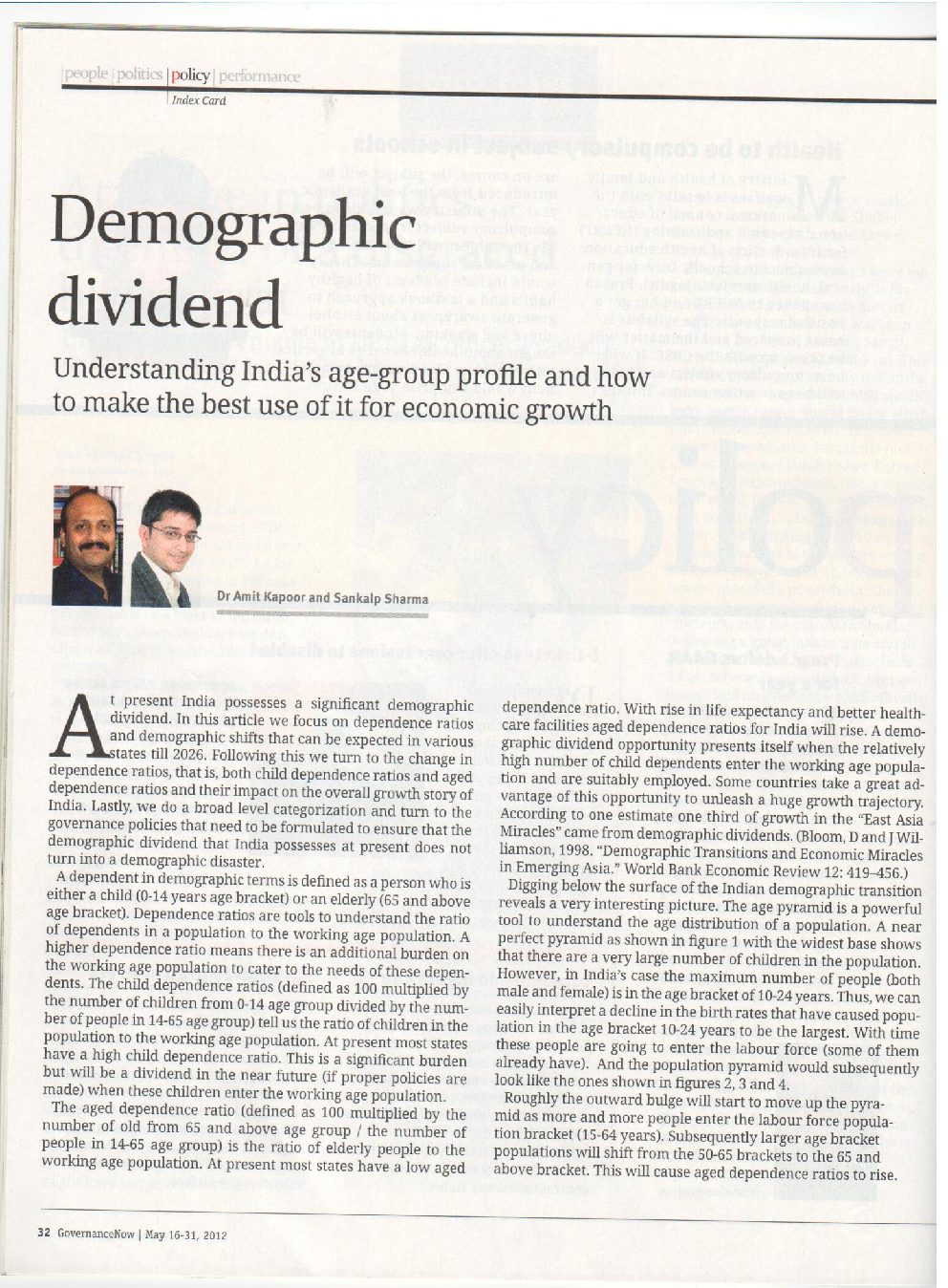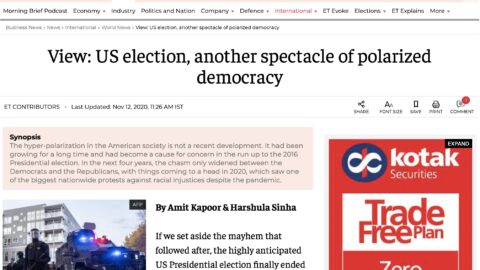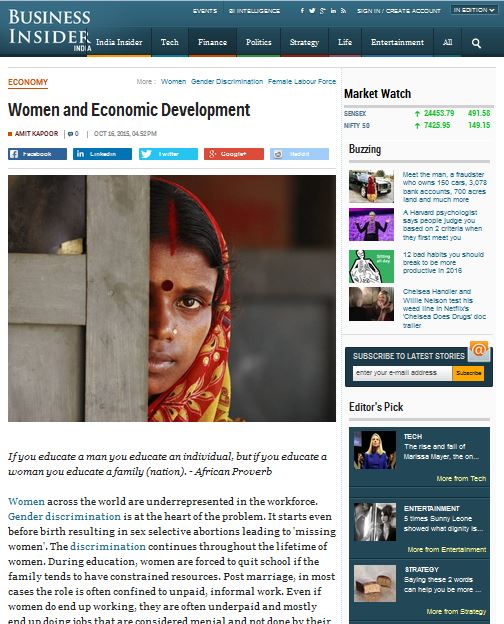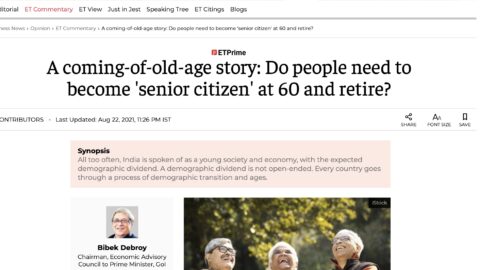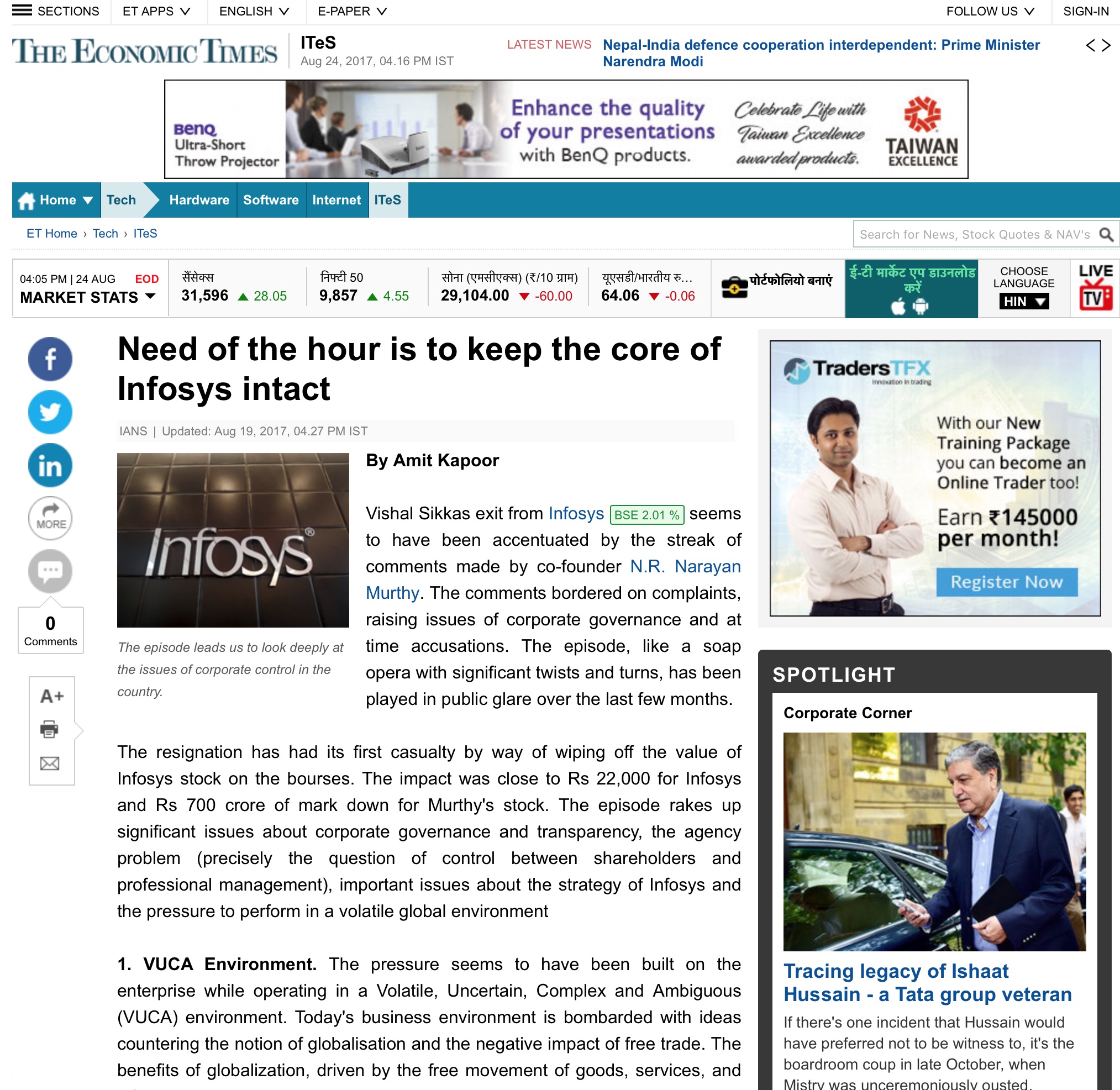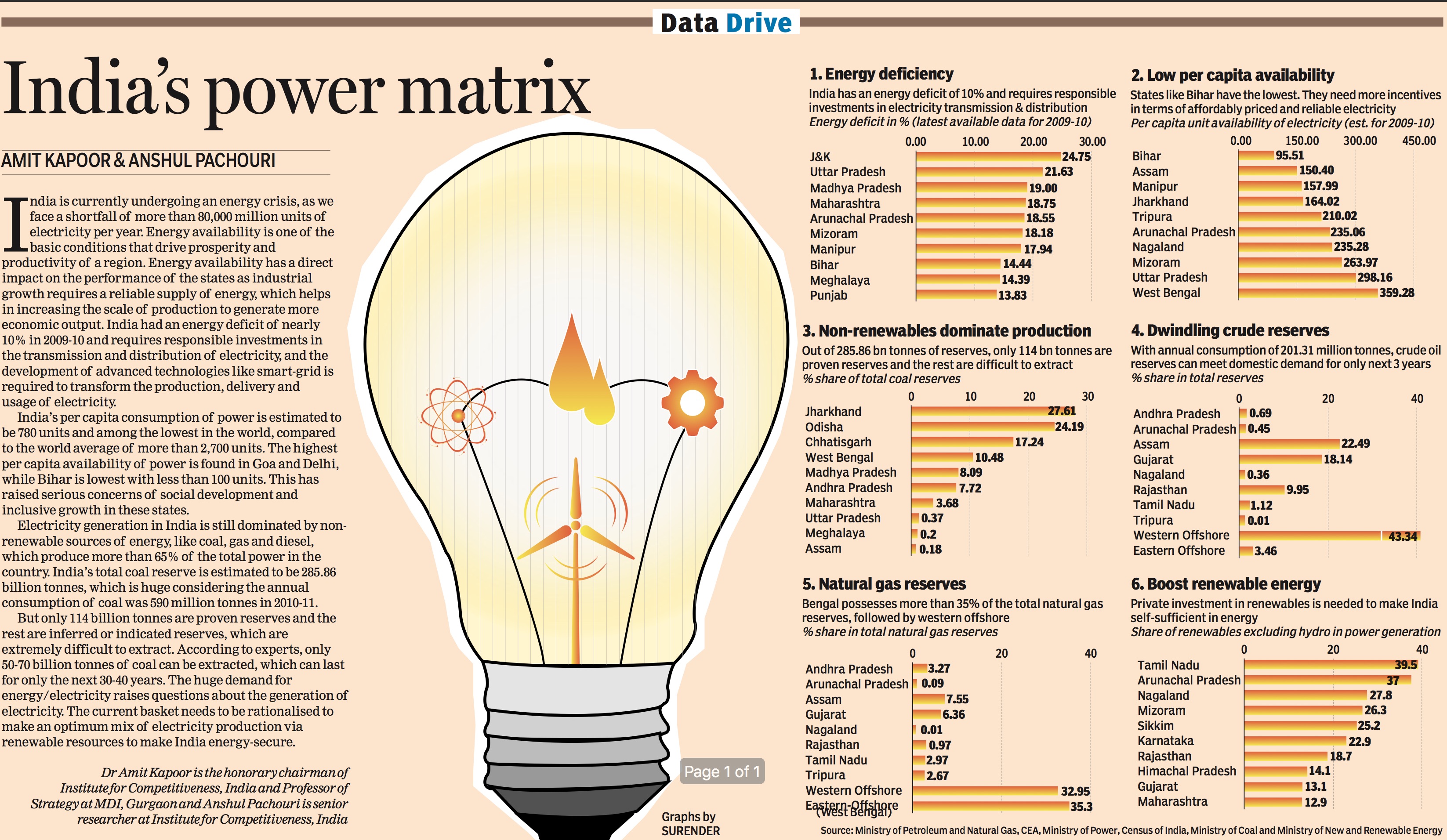News Release: India improves by 2.29 points on the SocialProgress Index in the last five years
September 21, 2018
New Delhi, Delhi, India
Highlights
- The report released by the Social Progress Imperative analyses the social progress performance of 146 countries across five years (2014-2018)
- Overall the world is getting better, with 133 of the 146 countries seeing overall improvements in social progress, with the greatestgains being recordedin parts of Asia and Sub-Saharan Africa
- The highest improvementsare registeredin the shelter, access to information and communications, and access to advanced education, all of which improved by three or more points in the past five years
- Norway tops the 2018 Social Progress Index ranking scoring 90.26/100, boasting strong performance across all the components of the index.
- India has improved its performance by 2.29 points since 2014 and is now rankedat 100thposition.
- The results show that poorer countries are improving faster than the richercountries. All of the 30 highest ranked countries on the Social Progress Index are high income, but just two of them, Luxembourgand South Korea, experienced significant improvement since 2014. In contrast, the countries that have improved the most over the past five years are low and lower –middle income: Nepal, Ethiopia, Ghana and Pakistan
The study analyses thesocial progress of 146 countries byapplying the Social Progress Index framework, that uses social and environmental indicators. The framework outlines three broad categories of social progress, Basic Human Needs, Foundations of Wellbeing and Opportunity.It captures whether the citizens have access to safe and livable housing facilities; the water and sanitary conditions up to the standards or people are prone to diseases like typhoid; is the medical system in place benefitting all the sections of society or citizens still lack in basic nutritional values; do they feel protected in their home place, or there is a need to tackle security concerns in a better way; can they have a prolonged life or are their actions.
The Index is more than just a measurement tool and is aimed towards helping the government and businesses to make strategic choices. It can help the policymakers by not only guiding the public investments but also by providing a rapid-assessment approach to help capture the spirit of the SDGs as there is a strong coherence between the SDGs and the Social Progress Index.
The overall results reveal that the population-weighted world score on the Social Progress Index rose from 61.80/100in 2014 to 63.46/100in 2018 – a 1.66-point increase. The largestimprovements are registeredin the shelter, access to information and communications, and access to advanced education and the world scores on Personal Rights and Inclusion have declined.
Commenting on the Global results, CEO of the SPI Michael Greensaid:“There seems to be a progress paradox in how the qualityof life is changing around the world. On the one handwe see real progress against hunger and disease and getting people in poorer countries connected to basic infrastructure. At the same time rights are being eroded and intolerance is growing across a wide range of countries, rich and poor alike.”
“It is also clear that, although richer countries top the rankings, Gross Domestic Product (GDP) is far from being the sole determinant of social progress.Across the spectrum, from rich to poor, we see how some countries are much better at turning their economic growth into social progress than others.”
The performance of India has improved from 53.97/100 in 2014 to 56.26/100 in 2018, an increase of 2.29 points, while the world performance has improvedby 1.66 points. The country has registered highest improvements in Shelter, Access to Information & Communication and Nutrition & Basic Medical Care.
The results of the global index are consistent with the results of the Social Progress Index for Indian regions. Social Progress India calculated the social progress of twenty-eight Indian states and one Union Territory (Delhi) for the period 2005–2016 by applying the Social Progress Index framework. The work was carried forward by calculating the social progress of 637 districts from 33 states and Union Territories. Overall, social progress is improving; the scores have improved by approximately 8 points since 2005.The results show that average performance is better on components of Basic Human Needs than the other two components.
At the state level, Kerala outperforms other states. The success of the stateis attributed to the systematic state investments in social sectors like education and health over a long period. Thetrends at the state level depict that all the states have improved since 2005. It is promising that the group of states that have registered the highest improvement are the ones that were categorized as Very Low the Social Progress States in 2005.
Commenting on the results of Social Progress Index,Dr. Amit Kapoor, Honorary Chairman, Institute for Competitivenesssaid, “The global results show that the country is moving in the right direction and has made significant improvements. But there exists a wide disparity within Indian states and districts that makeit critical to analysethe social progress performance at the regional level. Social Progress India’s state and district level indices offera more revealing picture of the Indian states and districts. These results can help policymakers at every level of government to set priority areas and drive improvement.”
About Social Progress Imperative:
The Social Progress Imperative’s mission is to improve the lives of people around the world, particularly the least well off, by advancing global social progress by: providing a robust, holistic and innovative measurement tool—the Social Progress Index; fostering research and knowledge-sharing on social progress; and equipping leaders and change-makers in business, government and civil society with new tools to guide policies and programs.From the EU to India to Brazil and beyond, the Social Progress Imperative has catalyzed the formation of local action networks that bring together government, businesses, academia, and civil society organizations committed to using the Social Progress Index as a tool to transform societies and improve people’s lives.
About Institute for Competitiveness:
Institute for Competitiveness, India is an independent, international initiative centered in India, dedicated to enlarging and disseminating the body of research and knowledge on competition and strategy, pioneered over the last 25 years by Professor M.E. Porter of the Institute for Strategy and Competitiveness, Harvard Business School (ISC, HBS), USA. Institute for Competitiveness, India works in affiliation with ISC, HBS, USA to offer academic & executive courses, conduct indigenous research and provide advisory services to corporate and Government within the country. The institute studies competition and its implications for company strategy; the competitiveness of nations, regions & cities; suggests and provides solutions for social problems. Institute for Competitiveness, India brings out India City Competitiveness Report, India State Competitiveness Report, and funds academic research in the area of strategy & competitiveness. For more information, visit https://www.competitiveness.in
About Social Progress India:
Social Progress India is a presentation of Institute for Competitiveness and Social Progress Imperative. SPI produces the Social Progress Index that is a holistic and robust measurement framework for national, social and environmental performance that can be used by leaders in government, business and civil society at the country level as a tool to benchmark success, improve policy, and catalyse action. For more information, visit http://socialprogress.in/

